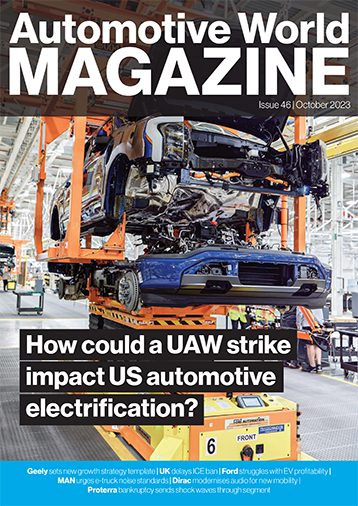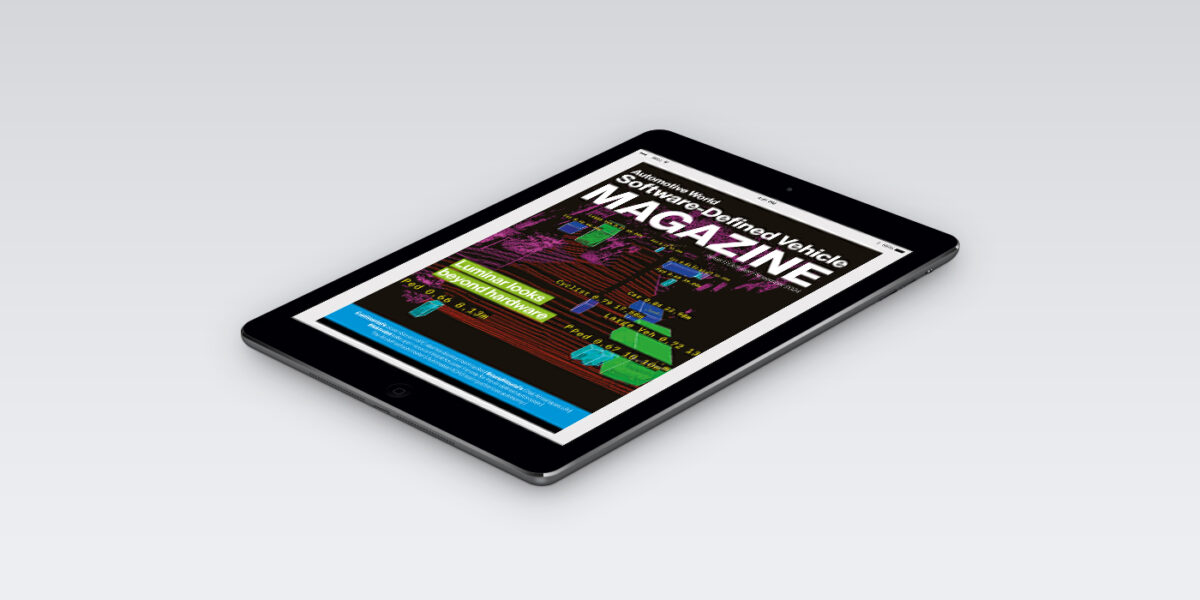The industry is clearly entering a new age for mobility, with software-defined cars, electrification and mobility-as-a-service dominating new business strategies. But underpinning this radical rewrite is still the same group of workers with essentially the same concerns and demands they have always had around working conditions and job security. The UAW strike is in its third week now and encompasses about 25,000 people.
The headline issues are outsourcing practices, cost of living adjustments, and the right to strike over plant closures, but some have suggested the real cause is the impact from electrification. EVs are less complex to build than traditional gasoline and diesel models, and allow for greater automation. In principle, less labour may be required for production. This month Automotive World takes a deep dive into the fundamental issues behind the dispute and how electrification could be changing the wider manufacturing industry.
In this issue:
- How could a UAW strike impact US automotive electrification?
- Cupra DarkRebel battles dragons—and status quo
- Prioritising recycling could be a barrier to true EV circularity
- EV uptake requires nuanced sales nudges
- Geely signals a new development path for diversified auto groups
- How long before Ford turns a profit in EVs?
- What’s shaping commercial transport concerns and priorities?
- End-of-life battery solutions require greater OEM control
- Simpler payment could increase public transport use
- ADAS and EVs put car audio in the spotlight
- Cheap EV charging may not cancel out high entry cost barrier
- With software-defined cars, UX and IxD shape brand DNA
- Proterra may not be a bellwether for e-bus failure in the US
- Quiet e-trucks merit new noise standards
- UK’s net zero delay could stymie investment in EVs



